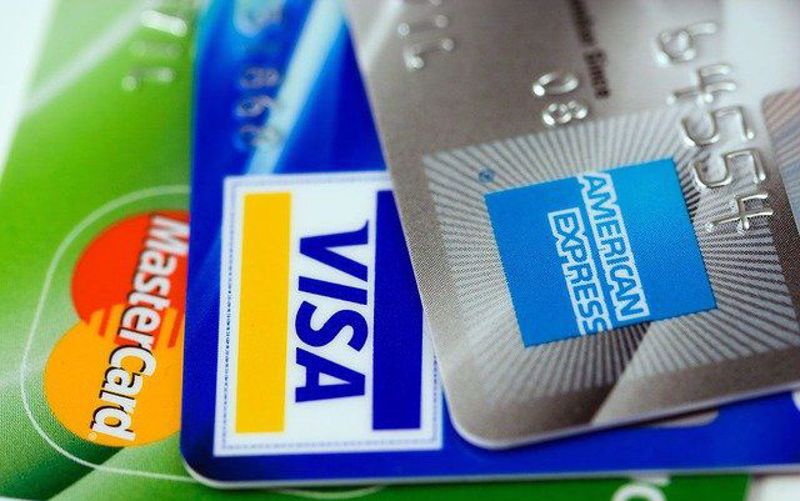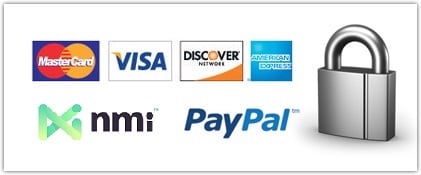When you shop at Home Depot there is a good chance that you use a credit card. A credit card is a safe way to shop and with a Home Depot Money Off Coupon from We Are Coupons you can save money the items you purchase. "The Secret History of the Credit Card" shows how banks are competing to offer debtors higher credit lines than their competition. High credit lines benefit banks, and lower minimum payments encourage debtors to carry a heavier load. It is this competitiveness that has led to the creation of the EMV chip in credit cards, which makes card transactions safer. This article discusses the history of the credit card and the EMV chip's benefits.
BankAmericard was a disaster
The idea behind the BankAmericard was simple: offer consumers the convenience of an instant personal loan. The company used an extensive telephone network to connect the accounts processing center to the retailers. At first, BankAmericard seemed to be a success, but it soon began to fall apart. Fraud was rampant, and the delinquency rate was five times higher than expected. Many large retailers refused to participate, and critics called it a social evil. In fact, the program's head resigned within a year of its start.
The BankAmericard's initial push to increase credit card sales turned into a mini-catastrophe. Delinquent accounts reached 22 percent, and the company did not set up a collections department to prevent fraud. The BankAmericard faced resistance from merchants, who did not want to pay a six percent fee. Even salesmen didn't have much luck luring merchants to accept the new card.
Diners' Club card was an early predecessor of the credit card
The Diners' Club card was a charge card developed by an American businessman named Frank McNamara in 1950. The card allowed customers to avoid carrying cash by sending payments to a company that would then pay the restaurants. The company would charge a small commission to the merchant for processing the transaction. The card was the first to become widely used. It was also the first credit card, but the idea wasn't widely adopted until two years later, when an article in the New York Times buried the idea.
The Diners' Club card was the first credit card issued in India. In 1961, Kali Mody opened the first Diners franchise. The company soon began to issue credit cards to select customers. Citibank and HDFC Bank have since issued Diners Club cards. Its first premium card, the Diners' Club Carte Blanche, was issued in 2000. It was equal to the American Express Platinum Card.
Unsolicited credit card act of 1970
The FTC has taken action to curb the practice of unsolicited credit card mailings. In 1970, more than 100 million credit cards were mass produced and sent out unsolicited. The practice was fraught with white-collar crime, privacy issues, and legislative debate. The Unsolicited Credit Card Act of 1970 banned issuers from mailing out applications, but this practice continues today. The 1970 act was largely in response to widespread consumer complaints. The FTC's action addresses consumer complaints, including the inconvenience of returning unwanted cards, the risk of having lost or stolen cards, and the fear that unapproved charges could be made on these cards.
The Federal Trade Commission passed the Unsolicited Credit Card Act in 1970, a major reform of the credit industry. The FTC banned unsolicited bank card mailings from oil companies and airlines, and the act banned the mailing of unsolicited credit cards. However, the law does not prevent gift cards with credit capabilities from mailing to consumers. In some cases, credit cards have been accidentally mailed to the wrong address.
EMV chip makes credit card transactions more secure
The EMV chip is an additional security measure for credit card transactions. Instead of the cardholder signing the credit card, an additional PIN is required. Additionally, card issuers are now enforcing stricter penalties for fraudulent counterfeit cards. However, the EMV chip still cannot completely prevent fraud. Therefore, consumers should use their credit cards with caution. To avoid falling victim to counterfeit fraud, take a look at the benefits of EMV cards.
Merchants aren't required to make the switch to EMV technology right away, but many have. According to a recent survey by Manta of more than 2,000 small business owners, 56 percent of the respondents said they didn't accept EMV chip cards. Interestingly, however, many of the respondents had no idea that the EMV chip made credit card transactions more secure. And, in fact, 33 percent of respondents said they didn't even know what the EMV technology was.




